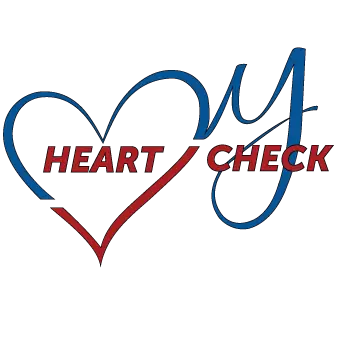Perhaps you’ve heard about babies born with holes in their hearts.
Did you know that congenital heart defects can go undetected into adulthood?
Take the case of Kelly and Mike DiMaggio.
But no one knew Mike DiMaggio had a congenital heart defect until recently.
He passed out at home after minor surgery,
“Mid- conversation I passed out for about 11 minutes,” he said.
His wife adds: “He was as white as a sheet- drenched cold sweat, and I was hysterical.”
Doctors ruled out a stroke or a heart attack but urged him to see a cardiologist.
Dr. Stacy Fisher, a cardiologist at the University of Maryland School of Medicine, describes what was discovered.
“On the ultrasound we were able to find a hole between the top two chambers of his heart, which is called an atrial septal defect,” Fisher said.
Mike DiMaggio was shocked.
“I was stunned — absolutely beside myself.”
One in 100 babies is born with a heart defect. Mike DiMaggio has one of the more common defects.
Fisher explains: “The hole between the top two chambers of the heart can be very hard to hear, it’s fairly silent … so often people don’t find it until they have a problem with it.”
A catheter procedure closed the hole in the hear to prevent damage.
And it turns out that lifestyle changes Mike DiMaggio made earlier helped in his recovery. He lost 60 pounds, improved his diet and exercise routine.
They were meant to help his wife, but they also helped him.
“It made the risk of his procedure less,” Fisher said. “It made his recovery easier so he could get right back up and start walking.”
His wife agrees that the lifestyle changes were a big help: “Had that not happened …I don’t think he would have been nearly as lucky as we were.”
Fisher says warning signs for atrial septal defect include shortness of breath, heart palpitations and fluid retention in the legs or belly.
If you experience any of these symptoms, contact a physician.
